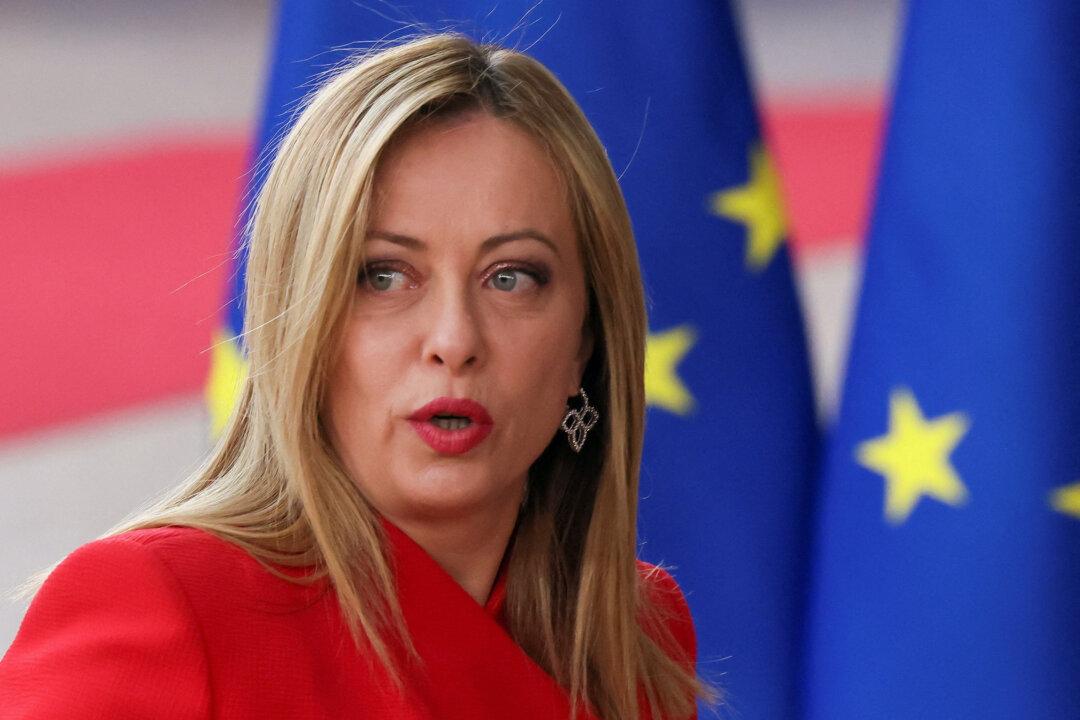Italian Prime Minister Giorgia Meloni said that her country could maintain good relations with China without being part of the Belt and Road Initiative (BRI) deal that other nations, including the United States, have criticized as debt traps for smaller nations.
Ms. Meloni told Fox News on July 30 that her administration has not yet decided whether to leave the Chinese infrastructure scheme. Italy’s membership with the BRI is set to expire in March 2024 and will be automatically renewed if neither party withdraws.





